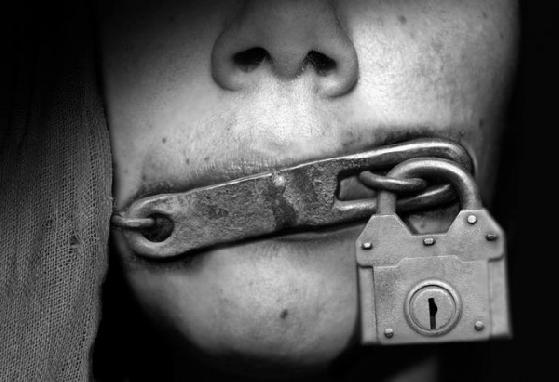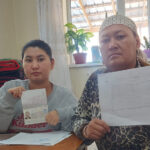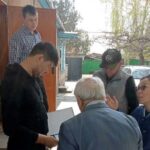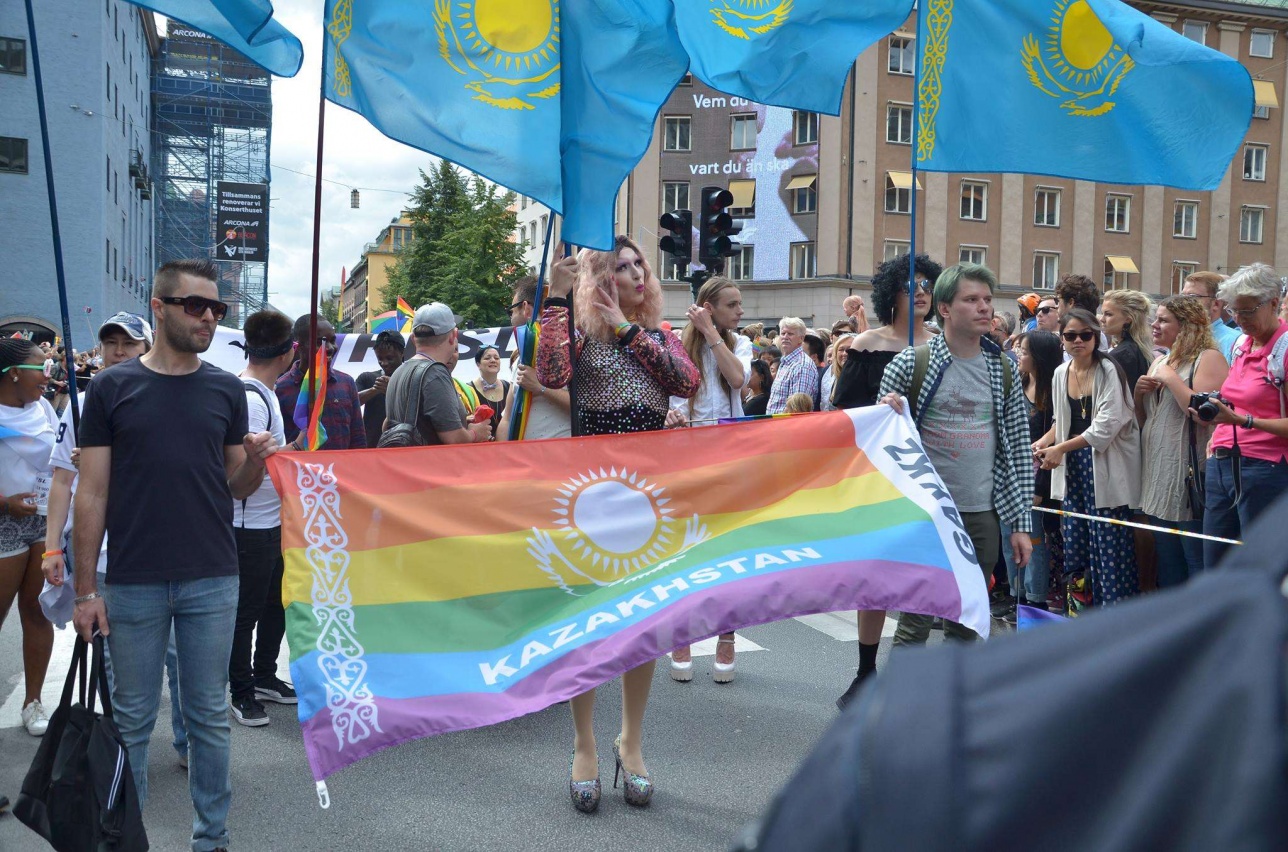A
revised criminal code now before parliament includes a new provision banning
rumours liable to “create public disturbances”. Offenders who publish such
false information in the media, including online, would face a prison sentence
of up to five years.
Kazakstan’s
deputy prosecutor general Johann Merkel linked the new provision to the
devaluation of the national currency in February, when rumours spread on the
messaging service WhatsApp warning people to withdraw their money from the
banks.
The
criminal code was passed by the lower house of parliament on April and now goes
to the upper chamber for approval.
In a
separate change, an amendment to the communications law already passed by both
houses of parliament allows the prosecution service to temporarily shut down
websites and even whole networks without obtaining a court order, in order to
prevent the dissemination of information deemed harmful to society or
containing calls to commit “extremist” acts.
Finally,
a government regulation that came into force on April 2 sets out special
reporting rules for the duration of a state of emergency. The owners of print,
radio and TV companies would have to seek prior approval for news content from
emergency management officials, or else face suspension or closure. News pieces
would have to be submitted for scrutiny a day in advance of publication or
broadcast, or one hour in the case of breaking news.
All
three changes have been criticised by media watchdogs.
The OSCE
Representative on Freedom of the Media, Dunja Mijatović, said called on the
Kazak authorities to reconsider measures which she said “might result in undue restrictions of public debate in the media and
access to the internet”.
“The unclearly defined terms and harsh
punishments would allow for a wide interpretation of the law under which the
right of freedom of the media can be limited. This might result in
self-censorship or undue control over media content by the authorities,” Mijatović said.
Kazakstan’s
Union of Journalists said the “false rumours” clause effectively allowed the
authorities to persecute people for expressing an opinion. It warned of the
risk of reverting to “the totalitarian past, the era of fear and terror”.
Djokhar
Utebekov, from the Almaty Association of Lawyers, told the Tengrinews website
that the state-of-emergency rules would allow the authorities to shut down all
internet and mobile communications access within hours.
Lukpan
Ahmedyarov, editor-in-chief of the Uralskaya Gazeta newspaper in western
Kazakstan, added that the rules would “enable
the authorities to make a broad interpretation of what Kazakstan’s domestic
affairs means when the international community accuses [them] of violating
human rights during a state of emergency”.
More
broadly, he said, the various curbs would make it harder to report on public
interest stories.
“Journalists who conduct independent
investigations and who seek out and distribute information will inevitably fall
foul of those who would like to conceal information from public view,” he said.
“They might be corporations, criminal groups or government agencies.”
Two year
ago, Ahmedyarov, whose newspaper is known for its coverage of corruption
issues, was shot and stabbed times by assailants near his home.
Irina
Petrushova, founder of the opposition Respublika media group that includes a
newspaper of the same name which was forced to close in 2012, said she was not
surprised by moves against the media, but suggested that the immediate reason
for rushing in tighter regulation was the unrest in Ukraine earlier this year
which led to President Viktor Yanukovich fleeing the country.
In
Petrushova’s view, the latest attempts to block the free flow of information
betray deep-seated official fears about the state of the economy and other
challenges facing the Kazak government, including the possibility of a
succession battle if President Nursultan Nazarbaev steps down.
Ahmedyarov
said the government realised it was getting harder to influence public opinion
and control what people thought. In his view, the president’s office believes
“that it can’t win the information war, so the only option left to it is just
to block things”.
Galym
Ageleuov, head of the Liberty NGO, believes the government is particularly
intent on increasing its control over the internet – a place where dissent can
still be expressed.
“The authorities tightened the screws on the
print media and then went on to block critical websites. Live Journal, the
Eurasia site and social networks were the last remaining free spaces,” Ageleuov said, adding that the
government clearly feared that “virtual protests” could one day become real
ones.
Ageleuov
noted that bloggers who had established a following were now being targeted. In
February, three of them – Nurali Aitelenov, Rinat Kibraev and Dmitri Scholokov
– spent ten days in jail on public disorder charges after an impromptu protest
against being barred from a press conference given by the mayor of Astana,
Kazakstan’s capital.
All
three are part of a video project called Koz Ashu (“Open Eyes”) which reports
on the persecution of human rights defenders and opposition members, and on
social issues.
Another
blogger, Dina Baidildaeva, was subsequently detained and fined for mounting a
solo protest action against the way the three had been treated. The same month,
another blogger, Andrei Tsyukanov was given 18 days in jail.
Ageleuov
says these people have been marked out as they are engaged in critical citizen
journalism, and are among the few who openly voice criticism of the
authorities.
Earlier
this month, Valery Surganov, who runs a website called Insiderman, was charged
with libel and perverting the course of justice after he criticised the way a
court handled a crime case last year.
Petrushova
pointed to gradual suppression of traditional forms of independent journalism,
a profession that attracts fewer and fewer new recruits.
She
recalled the case of Natalia Sadykova, of the Assandi Times newspaper, who was
accused of the criminal offence of defamation even though she denied authoring
the article concerned, which alleged corruption among local government
officials.
“She was forced to leave the country [on March
9] after they launched a criminal case in connection with an article she didn’t
write,” Petrushova
added.
Assandi
Times was forced to suspend publication down on April 1, after court officers
arrived at its Almaty offices saying they had orders to shut it down.
SOURCE:
IWPR
http://iwpr.net/report-news/kazak-authorities-chip-away-free-expression

















